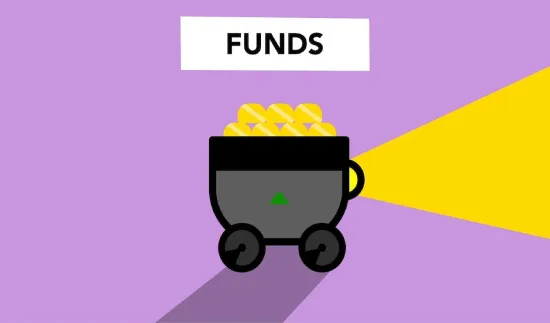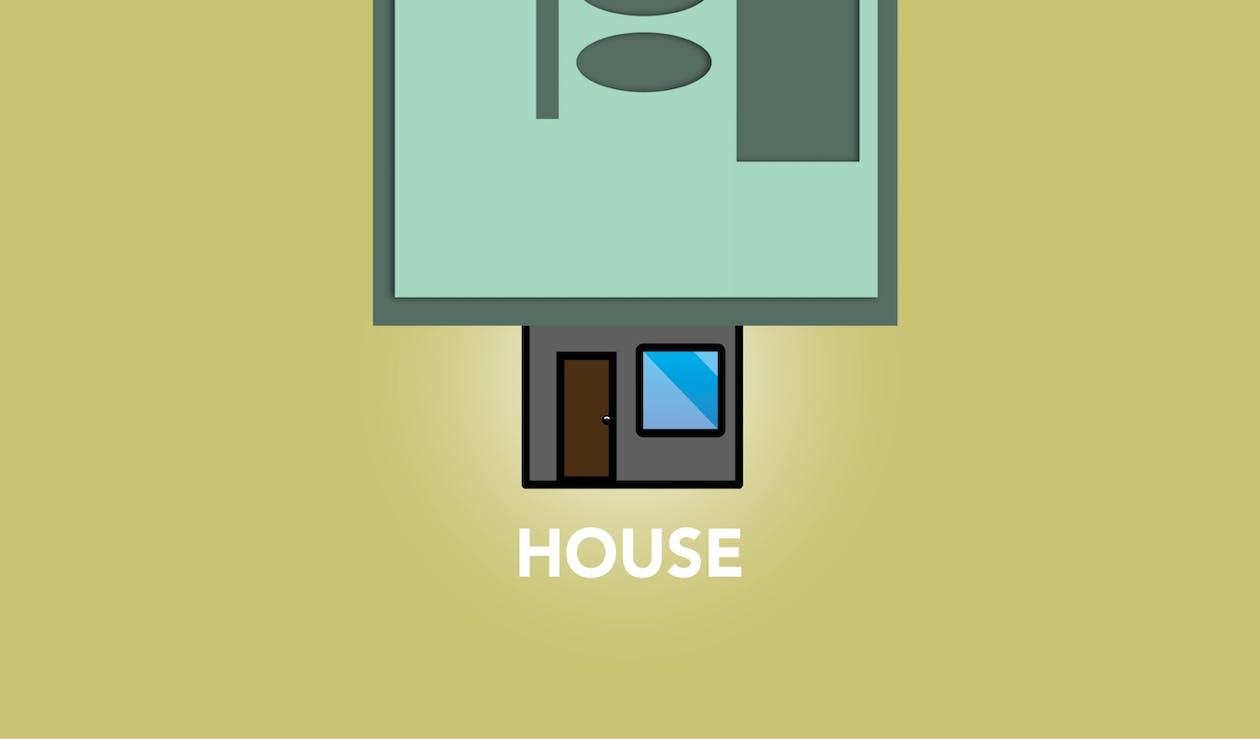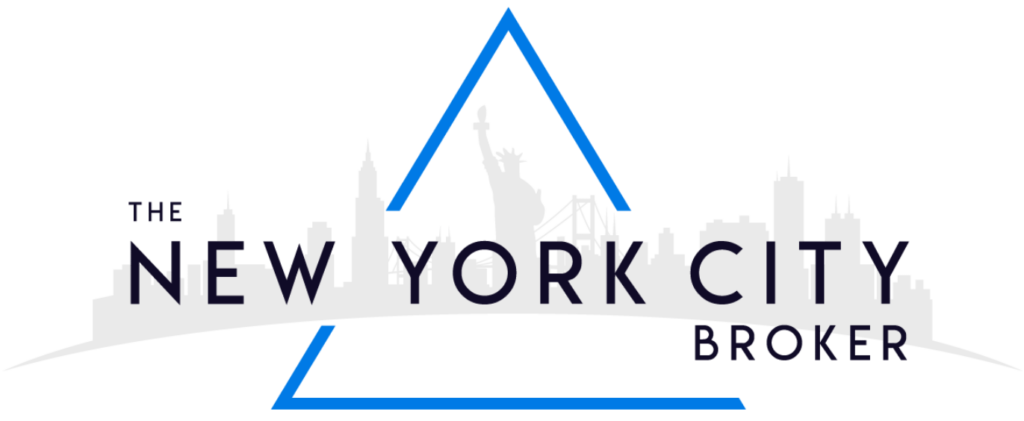When you are buying your first apartment in NYC, you may wonder “how difficult it can be to switch from paying rent to paying the mortgage.
But you will realize it’s quite different. And if you don’t have a proper financial plan in place for the purchase of your first apartment, it may turn into a liability.
Affordability
Even if we disregard the money you need for the down payment, you need to take into account and plan for the difference between your rent and the mortgage you may end up paying. In most cases, the mortgage payment might be higher than the rent, but if it’s too high, your quality of life may suffer, or you may incur more debt just to meet your routine expenses. Neither of which is a desirable financial state. So make sure you are prepared for this transition and adjust your spending accordingly.
Also, you can downgrade if your rent gets too high or if your income is reduced. You can move into a cheaper apartment. But if you have bought the apartment and are paying the mortgage, that’s not an option. You will have to keep paying the agreed-upon sum.
Affordability should also be evaluated based on not just your income but also your other debts. If you are paying off your car, student loan, and apartment at the same time, you may get stretched pretty thin (financially).
Down-payment
The amount of money you can put down for an apartment influences your purchase in many ways, including the choice between a condo and a co-op. If you are buying a co-op apartment, you should aim to put down 20% or more, as many co-op boards don’t accept a buyer with a lower down payment. A larger down payment indicates financial stability to both mortgage lenders and co-op boards. If you can put 30% down, you may even get a better mortgage rate.
A 20% down payment is also standard in condos, but some may accept payments as low as 10%. There are some apartment buildings that qualify for an FHA loan, which requires you to pay as little as 3.5% in down payment, but the inventory is quite low. It’s important to save as much as possible for the down payment. The more you can put down, the better. And if you can’t save 20% for the down payment, be prepared to buy from a relatively smaller pool of available apartments because most co-ops, which outnumber condos by a significant margin, might be out of your reach.
DTI
The Debt-To-Income ratio is an affordability measure that both your mortgage lender and co-op board may consider, offering you a mortgage loan or accepting your bid to purchase the apartment. There are two DTIs – front-end DTI and back-end DTI. The front-end DTI is the ratio of your monthly mortgage to your pre-tax income. The back-end DTI (and the most commonly used when applying for a co-op) is the ratio of all your monthly debt payments (housing, credit card, auto loan, student loan, etc.) to your pre-tax income. Ideally, the lower the DTIs, the better, but different mortgage lenders and co-op boards have different requirements. Even if a mortgage lender accepts your application at a front-end DTI of 28% or back-end DTI of 36%, a co-op board may require a DTI (Front end) of 20% or (Back end) 28%. You have limited choices when it comes to front-end DTI (unless you are willing to go for a cheaper property), but you can reduce your back-end DTI by taking out a mortgage only after paying off your other debts.
Credit Score
Your credit score can influence the mortgage rates you get. A score above 700 can help you secure a good mortgage rate, and you may get the best deals at 740+. Even if you fall a little short of this threshold (680), you may get fair rates, but if your credit is even lower, it may be a problem. The first issue would be the lack of mortgage lenders.
If you have a bad credit score, you may not be able to apply for a home loan with a lot of lenders in the first place. And the lenders that do offer loans to people with bad credit may offer much higher rates and have other requirements. Fixing your credit score takes time, so if your score is not up to the mark, this should be your first step when you start planning for an apartment purchase.
Mortgage
Making the right choice regarding your mortgage can have a significant impact on your finances and mortgage affordability. The two main variables here are fixed/variable rates and the amortization period (the time it will take you to pay off the full loan). Both fixed-rate and variable-rate mortgages have their pros and cons. Fixed rates offer more predictability and safety in case mortgage rates go up. Variable rates can help you enjoy lower mortgage rates and monthly payments if the rates go down. Choosing a longer amortization term means that your monthly payments might be lower, reducing the stress on your income. But you will also carry the debt longer and will build the equity in your apartment slower.
Closing Costs
When you are buying an apartment, closing costs alone can make up between two to four percent of the apartment price. For a million-dollar apartment, that’s an amount between $20,000 and $40,000, which you have to save in addition to the down payment. The closing costs are lower for co-op apartments because there is no mortgage recording tax. There are also moving costs and insurance (homeowners/title). So if you are saving for a 20% down payment, your total savings should be around 25% to easily cover the closing costs.
Co-op Financial Requirements
Even if you have enough money for the down payment, closing costs, and a good DTI, you may still have to meet certain co-op financial requirements to become qualified to buy. This may include having enough cash in reserve to cover two years of maintenance fees. The co-op board may even ask you to put this amount in an escrow if your DTI or down payment is borderline. The process may become even more difficult for freelancers as they may not have a steady income, making their affordability projections uncertain. So if you want to meet the financial eligibility requirements of most co-ops in NYC (to ensure that you have access to almost the entire available inventory of apartments on sale), make sure you have savings beyond what’s required for the down payment and closing costs.















